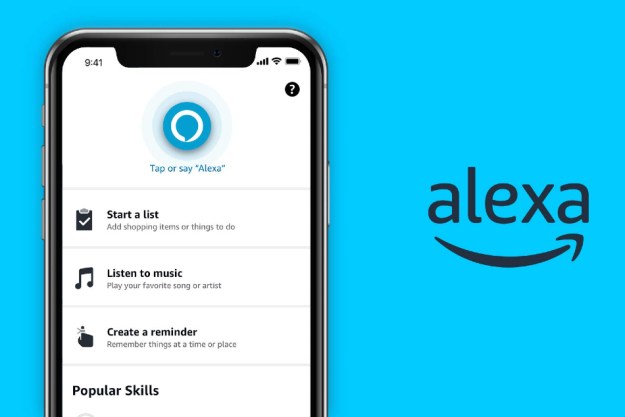Smart assistants are an indispensable part of any smart home, making it easy to give hands-free commands and control a variety of gadgets. Google is looking to further streamline the performance of its smart assistant, with the expansion of chime alerts to cut down on how talkative your Google Nest gadgets are when responding to instructions.
For example, after asking Google to turn on a fan, you’ll now be able to hear a quick chime to confirm the assistant has heard your instructions. Previously, confirmation would come in the form of a short sentence, such as “OK, turning on your fan.”

It’s a minor change, but if you give frequent voice commands to your Google devices, it should make the process more streamlined than ever before. Carrying out multiple commands in a row was often bogged down by an overly talkative assistant. However, with the new ability to enable chime alerts, you should be able to zip from one voice command to the next without any delay.
This function already exists for smart lights, and Google will be expanding chime alerts to the following products over the next several weeks:
- Outlets
- Switches
- TVs
- Speakers
- Fans
- Blinds
This update is said to have been inspired by the Google Nest community, along with feedback from internal testing — so if you have any suggestions on how to improve the feature, be sure to check out the official Google forum post. The team is currently looking for ways to expand and enhance the use of chimes, and this could be a great chance to bring your Google Nest ideas to life.
Editors' Recommendations
- Arlo’s new Security Tag lets you arm/disarm your security system with just a tap
- Stay cool this summer with these smart home tips and tricks
- Ecovacs Deebot X2 Combo vs. Dreame X40 Ultra: Which robot vacuum is best for your smart home?
- Ring Pan-Tilt Indoor Cam vs. Ring Stick Up Cam Pro: Which is better for your home?
- SimpliSafe is now using AI to prevent burglars from entering your home



